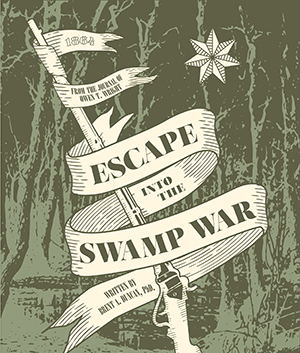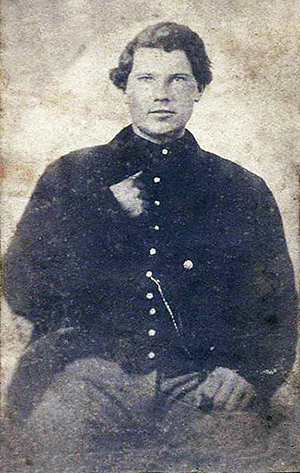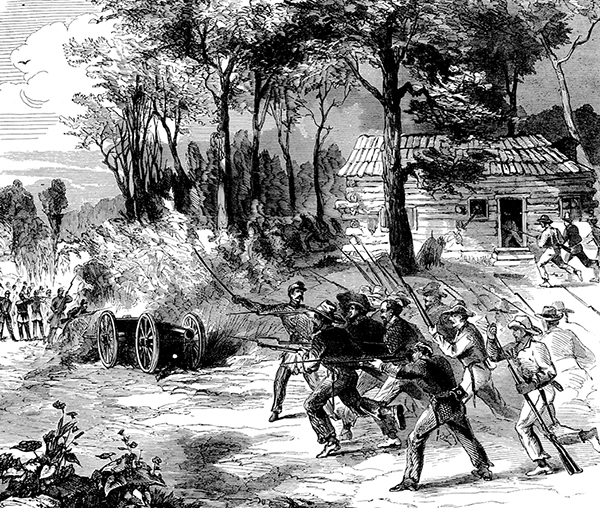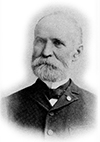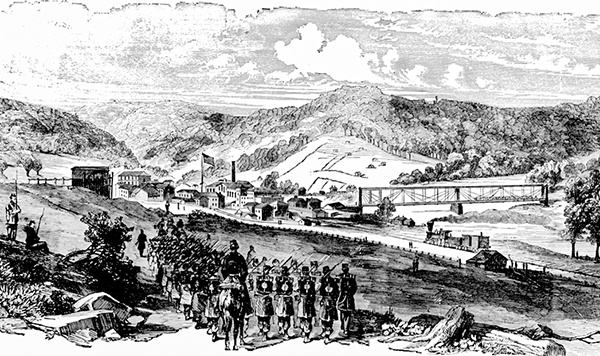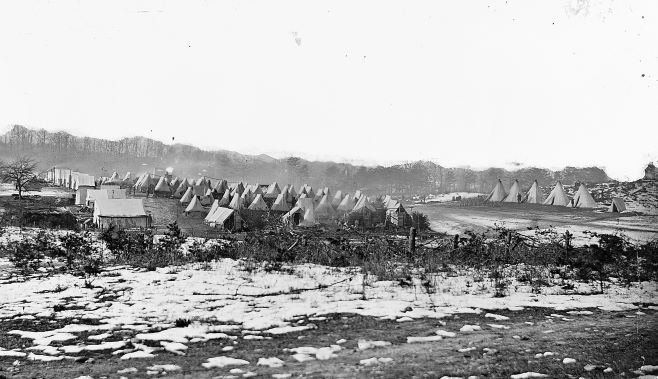By February the states of the Deep South had seceded from the Union and formed the Confederate States of America. Lincoln declared the secession void and unconstitutional. The day after his inauguration he sent troops to protect Federal property. On April 12, 1861, the Confederates responded by firing on Fort Sumter, a US fort in the mouth of the Charleston harbor off the coast of South Carolina, the hotbed of the rebellion. The Union troops surrendered the fort on April 13. The war had begun.
Related:
- 01 I volunteered
- A nation is torn apart
- Captain E.H.C. Cavins, 14th Indiana, Company D
- The rebels were fleeing: Battle of Rich Mountain
In an attempt to unite the Northern and Southern states, the Founding Fathers compromised on an issue that would continue to threaten the unity of the new nation: they allowed slavery to be constitutionally legal. As the nation grew, the Northern states became increasingly industrialized and had no need for slavery, while the Southern states relied on an agricultural industry whose engine was slavery. For over 50 years the institution of slavery picked at the seams of the nation's fabric until the compromise tore the nation apart.
The first shots
When the candidate from the newly formed Republican Party, Abraham Lincoln, won on an antislavery platform (1) in 1860, the vote of the nation was split: the 16 free states cast their electoral votes for Lincoln; the 15 slave states cast their votes against him.
By February the states of the Deep South had seceded from the Union and formed the Confederate States of America. Lincoln declared the secession void and unconstitutional. The day after his inauguration he sent troops to protect Federal property. On April 12, 1861, the Confederates responded by firing on Fort Sumter, a US fort in the mouth of the Charleston harbor off the coast of South Carolina, the hotbed of the rebellion. The Union troops surrendered the fort on April 13. The war had begun.
Though slavery was the underlying issue, the cry of the South would be "states' rights", while the cry of the North would be "to preserve the Union." For the 19-year old son of a Methodist minister, who became one of the earliest to heed Lincoln's call for troops, the cause would be "for freedom and humanity".



